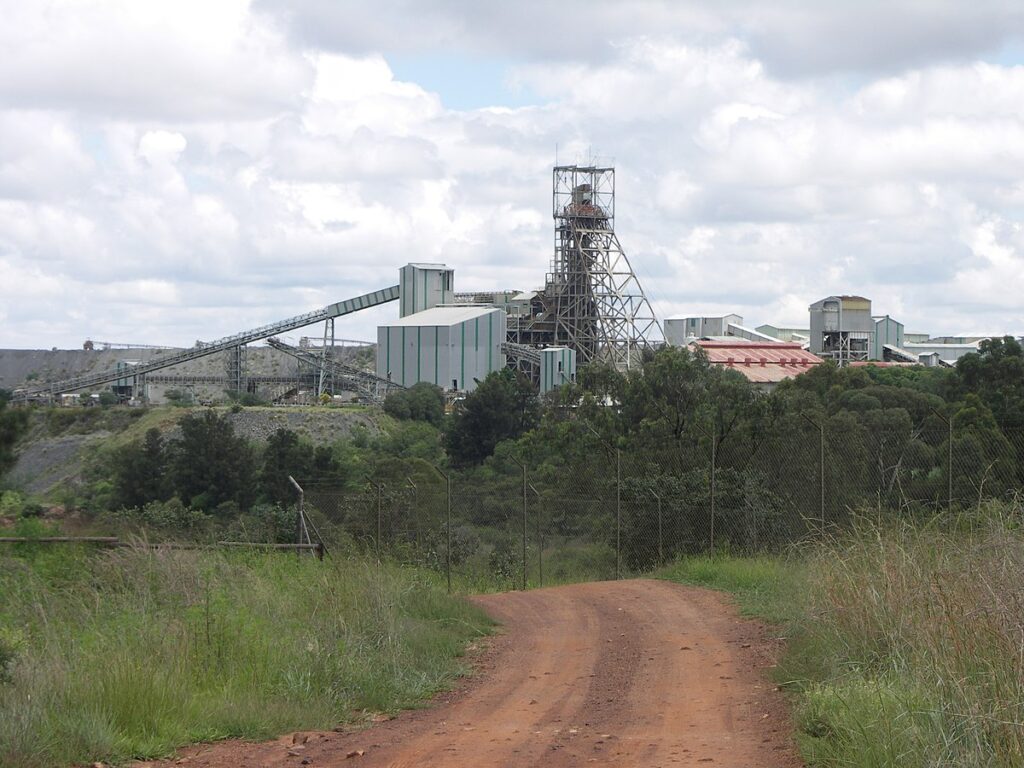Africa, the second largest continent, is marred by many man-made environmental challenges.
Global warming starts with activities that are harmful to ecosystems. These range from bush burning and industrial pollution to greenhouse emissions from domestic animals.
Environmentalists and concerned scientists have been calling on politicians and other influential people to adopt policies which would help curb global warming.
But Africa is lagging behind in implementing them. This is due to a lack of political will, poor funding, opposing cultural and religious beliefs, and limited publicity for the policies.
Industry
Industries in Africa have not yet adopted clean energy to power their machines. They still rely on fossil fuels, and this has a negative impact on the environment.
Carbon emissions return to the ground as acid rain which affects the areas close to the factories where the pollution is emitted. In the Niger Delta region of Nigeria, the extraction and processing of “black gold” has degraded the ecosystem, harming both animals and vegetation. Water sources are polluted so that local inhabitants experience strange illnesses and suffer premature deaths.
Mining degrades the environment in many countries including South Africa, Zimbabwe, Zambia, Nigeria, Guinea, Congo (DRC) and Angola. The soil has been made unfit for farming and there have been many deaths. The use of explosives to extract minerals and gemstones harms local ecosystems and adds to global warming.
Agriculture
Most agricultural communities still set the bush on fire during the dry season to clear their land for the next planting season. This contributes directly to global warming as the resulting carbon dioxide enters the atmosphere. Unfortunately, all the efforts made by environmentalists to caution farmers against bush burning fall on deaf ears. Farmers traditionally believe that bush burning enriches the soil with organic fertilizers and fail to note its adverse effect on the ecosystem.
Waste
Another vexing issue that is common in most African countries is the dumping of waste materials into gutters, canals and rivers during the rainy season. People believe that this waste will be carried away from their own communities by the rain or by the rivers. But instead plastic waste causes flooding by blocking gutters and drains, and it pollutes the rivers. It also endangers aquatic animals by blocking sunlight and restricting their supply of oxygen.
Although environmentalists have been educating people about the adverse effects of throwing waste into gutters and canals, there are not enough bins and dumping sites for waste. Both residents and governments should be blamed for not helping to curb this menace.
Corruption
Most African governments, especially in Sub-Saharan Africa, only pay lip service when it comes to curbing greenhouse emissions in their countries. They fail to counter desertification and soil erosion, and divert money provided for this purpose – often into private pockets. So, in Africa corruption has become the hydra-headed monster that refuses to die.
Conclusion
In conclusion, Africa is marred with many challenges related to global warming and environmental issues. There is overgrazing by ruminant animals who emit methane gas. Trees are felled indiscriminately causing desertification and erosion. Industrial waste is dumped in gutters, canals, rivers and seas. Explosives and heavy equipment used for mining, and widespread bush-burning, contribute to the destruction of Africa’s ecosystems and to global warming.
It is important that all stakeholders redouble their efforts in taming the tide before it is too late.


